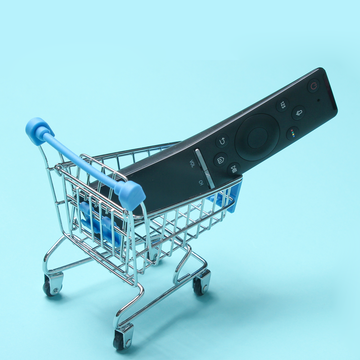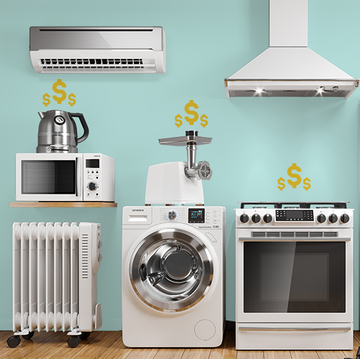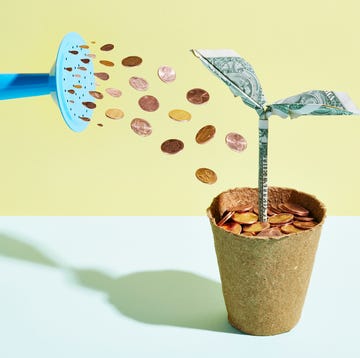12 Common Money Mistakes You Don’t Even Know You’re Making
Fixing these mistakes may add hundreds or even thousands to your budget.

We could all use a few tips to find some extra money. Whether your goal is to buy a home, pay off debt or save for retirement, optimizing your finances can help you reach your dreams — but financial mistakes can set you back more than you realize.
There are a couple of steps you can take to be proactive. Track where your money is going and create a spending plan (these personal finance apps can help). Figure out how much you can put toward your goals each month, and be diligent about doing it. Don't forget to look at ways to trim expenses or save on essentials, such as scouring Facebook Marketplace for deals.
So we've crunched the numbers and discovered how much you're potentially leaving on the table. From not using coupons to skipping a high-yield savings account, these are the most common money mistakes you may be making without even realizing it.

How Good Housekeeping Editors Find the Best Deals

How to Never Pay Full Price Again
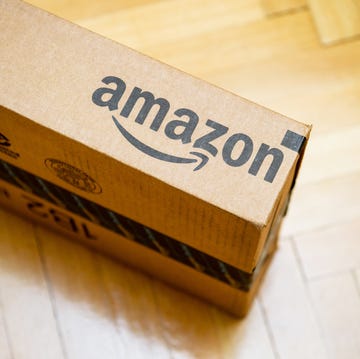
These Hacks Will Help You Find the Best Deals
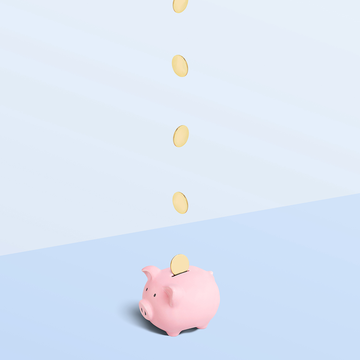
Expert Tips to Save You Money This Year













